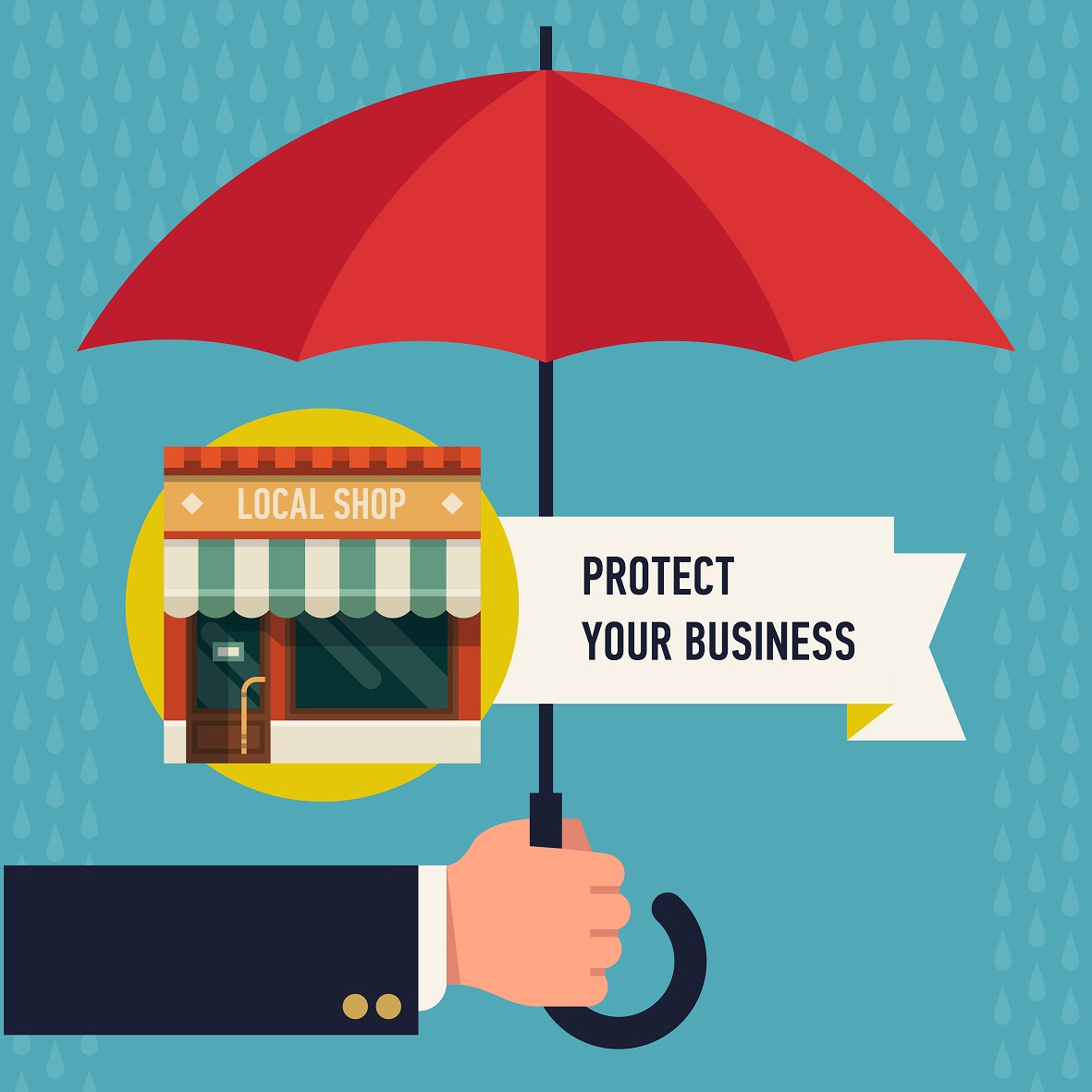
One of the hallmarks of a limited liability company (LLC) is that it provides protection to its members from liability for the debts and obligations of the entity. But like corporations, which safeguards directors from corporate debts only if corporate formalities are followed, there are circumstances under which an LLC can lose its limited liability protection. As described below, a member or owner of an LLC can become personally liable if he acts or fails to act in certain ways.
Failure to maintain separate identities. LLC owners and corporate directors have similar obligations to handle and manage the business of the entity separately from their own personal affairs. The requirement to maintain this distinction in all aspects of dealing with the business entity gives rise to numerous rules and regulations of conduct for directors and LLC members. If a court determines that the owner of the LLC is operating the business as a personal concern or for his own benefit, it could conclude that the LLC does not really exist and that the individual members of the LLC should be personally responsible for the debts of the business. This is considered an extraordinary remedy in most cases, and requires that the courts find a unity of interest and ownership that is so strong that is cannot be disregarded. LLC owners and members can ensure that they preserve their limited personal liability by properly funding the business, keeping personal and business finances separate in all respects, and conducting the business and finances in a manner that is fair and conforms with the law.
Injury to a third party. If the LLC owner directly harms another individual, the law does not permit him to hide behind the personal liability protection provided by the LLC. The infliction of any type of injury can result in personal liability.
Illegal activity or intentional infliction of harm. If the owner of an LLC intentionally engages in fraud or another type of illegal conduct that damages the business or another individual, then he may be personally liable. The LLC does not shield its owners from liability for the commission of illegal activities.
Contact Shane Coons at 949-333-0900 or visit his website at www.ShaneCoonsLaw.com to find out more about his practice.
